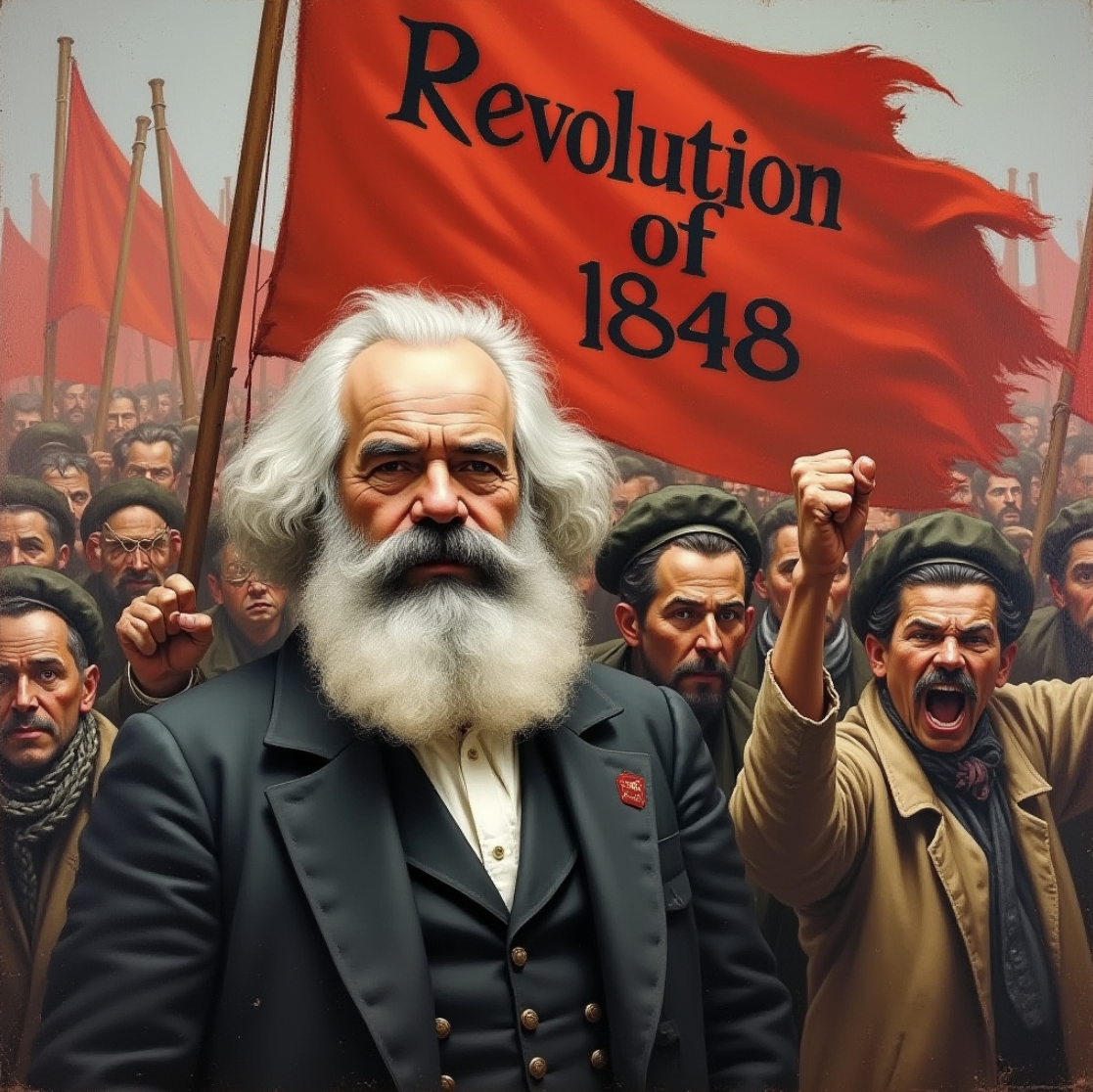
Please Follow us on Gab, Minds, Telegram, Rumble, Truth SocialP, Gettr, Twitter
Sweetwater, Florida - One problem with trying to raise opposition to federal funding is that it’s hard to trace bureaucratic causes to human effects. That’s not the case this month in the city of Sweetwater, part of the greater Miami metropolitan area in Miami-Dade County. Here, in a neighborhood where glittering Christmas lights overlap with “Trump/Vance” signs in a county which Trump carried with 55% of the vote, and a state he carried with 56%, around 3,000 people are about to be displaced due to the Washington bureaucracy that Trump ran against. Matters are so bad that talk is that Washington might have to solve the homelessness problem that it helped to cause by using FEMA—an unsettling thought now that we know how FEMA treats Republican voters.
‘NO AD’ subscription for CDM! Sign up here and support real investigative journalism and help save the republic!‘
The formal displacer is Raul F. Rodriguez of CREI Holdings, the owner of Li’l Abner Mobile Home Park in Sweetwater, founded by his father, a Cuban immigrant who had grown up in a mobile home himself. But bigger forces are also at play. The main one is amped-up federal funding from the U.S. Department of Housing and Urban Development (HUD) to Miami-Dade County, justified because of the seemingly endless and mostly better-off new arrivals escaping failing Democrat cities in New York, Illinois and California. New developments have to be built to house them, sometimes by tearing down buildings, and housing also has to be provided for the working and middle class locals that they are displacing. These new arrivals drive up general costs as well as property taxes, which pushes more locals out and raises the demand for cheaper housing s.
Enter “affordable housing,” which, like “diversity” and “ equity,” is a helpful-sounding phrase that benefits bureaucrats, Democrats, and the better-off. Not surprisingly, in Miami-Dade, “affordable housing” is allowing federal money to flow to citizens who need it the least , even as it supports the projects of well-placed contractors and government bureaucrats . The people most hurt by the funding, in the meantime, are like those in Sweetwater: working class people with nowhere to go. The specifics of the crisis this Christmas in Sweetwater give a sense of just what’s being lost, and why, and what it might mean for Miami-Dade.
A Community of Refugees Grows…
Li’l Abner Mobile Home Park in Sweetwater is on the far west side of Miami-Dade County. It runs roughly 13 small blocks North-South between NW 7th Street and West Flagler Street; and two very large blocks East-West between NW 109th Avenue and NW 114 Avenue. Aside from its name, it’s like any other neighborhood. Residents have added concrete siding, tiled walkways, sheltered porches, and even small colonnades to their trailers, making them into houses. The residents tend to be elderly, but their children and grandchildren visit and sit with them on their porches and walk their dogs. There are trees on the streets and plants on the porches which rock in a gentle breeze. People call each other by first name as they walk by.
Under Raul F. Rodriguez’s father, the neighborhood was a good place to live for its mostly immigrant Cuban-American occupants, and to raise kids. According to residents, it had not just the houses but a pool, a park, and a school/daycare. The kids mostly left when they turned 18 years old, but their parents remained, and the kids come back home to visit, sometimes driving a BMW or a Lexus. The residents I talked to assumed they would live here their whole lives. They paid rent on their land, but their houses were home. One is a veteran of Brigade 2506, which fought at the Bay of Pigs. Another, interviewed by the Miami Herald, is a retiree who used his 401k to buy his mobile home: a lifetime investment.
The bad times came to the neighborhood between five and 10 years ago. The residents I talked to agree that they started after Rodriguez Sr. was replaced by his son. The big change was the growth of affordable housing apartments, Li’l Abners I, II, and III. This led to the eradication of the school, the playground, and the park (though Rodriguez stated at the time that the school had decided to shutter prior to construction of Li’l Abner II) and to other changes besides. Residents who used to have mailboxes are now required to trek to one of the new apartment buildings to get their mail; a hard walk for someone in their sixties, seventies, eighties or older in 90 degree heat. Rent for the land has gone from $800 just a few years ago to $1,100—roughly the size of a social security check.
…and Gets Displaced
Then, 16 days before Thanksgiving 2024, came the eviction letters—for once not dropped in residents’ new mailboxes, where they might not see them for a few days, but posted on their doors. According to the letters, Li’l Abner Mobile Home Park would be closing permanently in May 2025; residents would be provided a $14,000.00 allowance to relocate themselves and their mobile homes once they made arrangements. (They would still be paying their $1,100 monthly rent for as long as they stayed.) For those who didn’t move until February, this $14,000.00 allowance would be halved, and then reduced by halves for each month thereafter until May.
Residents discovered that the reason for the displacement was the construction on the land where they were living of more affordable housing apartment blocs like Li’l Abners I-III—but when one resident went to the leasing office to check on prices, it became clear that this “affordable housing” was well outside their price range. And there were many other problems that the eviction letter didn’t address.
November and December, with the crunch of the holidays, aren’t ideal times to look for housing. $14,000 isn’t enough to find housing in a city where $1,000/month for a studio apartment is becoming unheard of in safe neighborhoods. Worse yet, many Li’l Abner residents welded their houses to the ground assuming they’d never leave. That means that these houses residents poured cost and effort into making into homes will be razed to the ground: a shocking destruction of not just personal attachments but actual value. For the same reason, many residents hadn’t signed up for Section 8 housing which might help them relocate elsewhere; if they sign up now, they won’t be off the wait-list for at least several years.
Displaced Residents and their “Affordable” Replacements
I talked to one resident facing this final challenge: Romelia Fernandez, who is 95, came to America from Cuba in 1969, and has lived in the neighborhood for 30 years. “We were taught to work hard,” a relative said. “My father worked in medicine in Cuba, and then as a dishwasher in Boston, and then we found our way back to Miami. We’ve played by the rules, we’ve paid our taxes; we escaped Castro, we love America.” Now Romelia, 95, has to relocate, but to where? Housing is expensive, and she’s uncomfortable in a new neighborhood. Homelessness isn’t a possibility thanks to Romelia’s family, but she may need to move in with relatives. As Romelia and her family spoke to me on Romelia’s tiled, plant-filled porch, I could see Li’l Abner III, half-constructed, loom behind them in the sky. Was this really the way their story would end: refugees from communism displaced by a bureaucratic bulldozer?
And what, exactly, would be replacing them? When I visited Li’l Abner II, the leasing office’s glass door was locked and the community “club room” locked and unfurnished. None but one of the apartments’ doors were decorated. A small fountain played in the courtyard and a young woman sat next to it; neither she nor the other two people in the halls that weekday afternoon said hello to each other or to me. An Amazon deliverywoman loitered at the door. This didn’t seem like an improved neighborhood. It seemed like a knockoff “luxury” building that the owners knew they didn’t have to upkeep, because residents were receiving a reduced rate and wouldn’t feel able to press for more. Indeed, though Rodriguez’s CREI Holdings might have “stronger communities tomorrow” in its slogan, the reality seems like the opposite.
Certainly, CREI Holdings isn’t doing much to help the Li’l Abner community stay strong through its displacement. On December 4, three weeks before Christmas, residents were outraged when 61-year old Vivian Hernandez was arrested— “cellphone video shows the 61-year-old on the ground, being physically forced into handcuffs by [a Sweetwater police] officer”—after she went to the property’s office to pay her rent but then (according to a police report) “‘became angry and began to yell at the staff that was assisting in relocation.’” That Sweetwater police officer reports to Mayor Jose “Pepe” Diaz. Clearly, there’s no room for expressions of dissent (or anger or fear or grief) in the “stronger community” that Li’l Abner is becoming.
Looking closer at the profile of Raul F. Rodriguez reinforces this perception—It shows that not just Rodriguez’s most recent development but his past success and much of his public reputation rest on the fiction of “affordable housing” backed by Democrats in Miami-Dade and Washington, D.C.
Part Two of this series, soon to appear, explores Rodriguez and his Democratic backers.





















